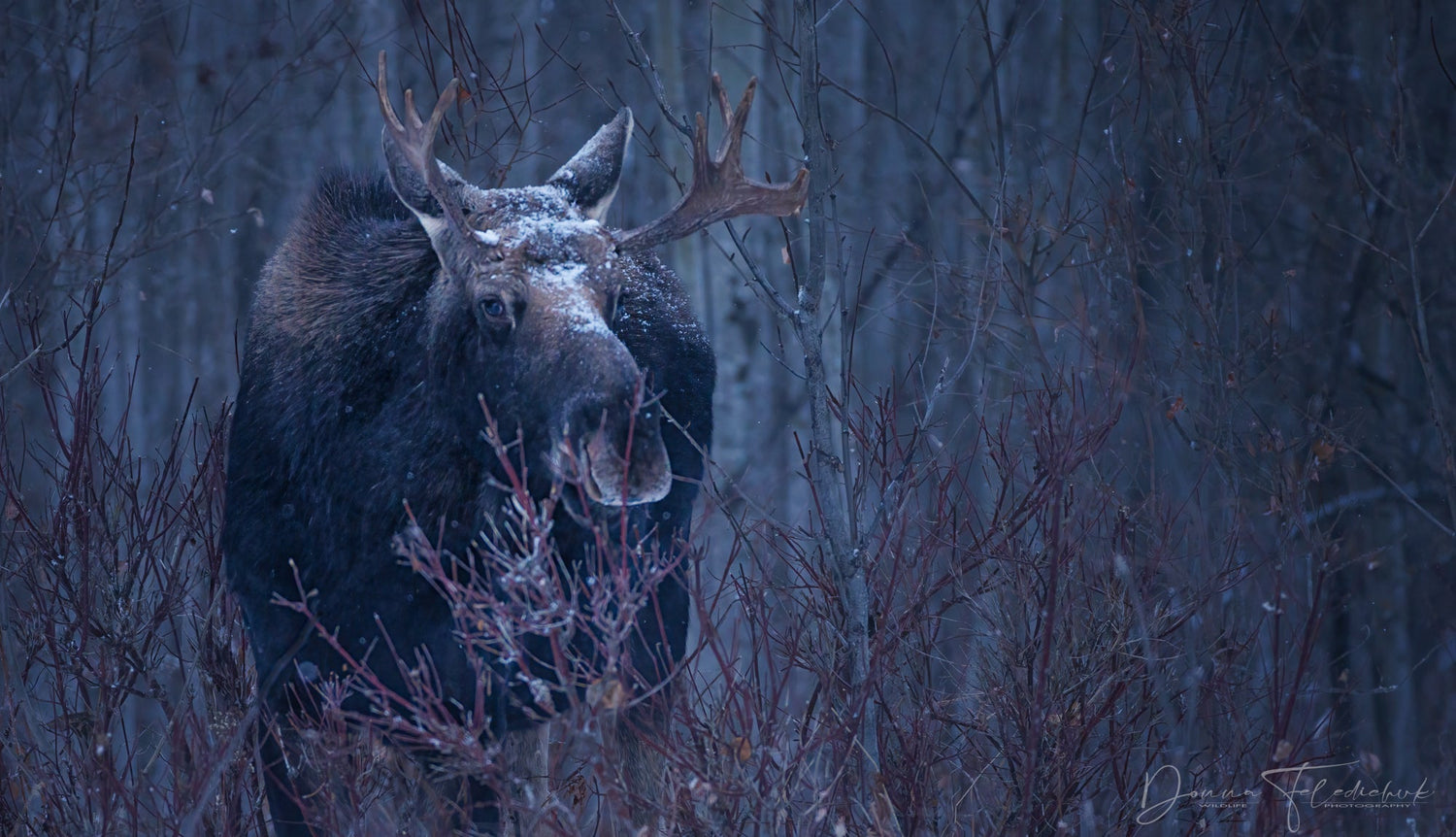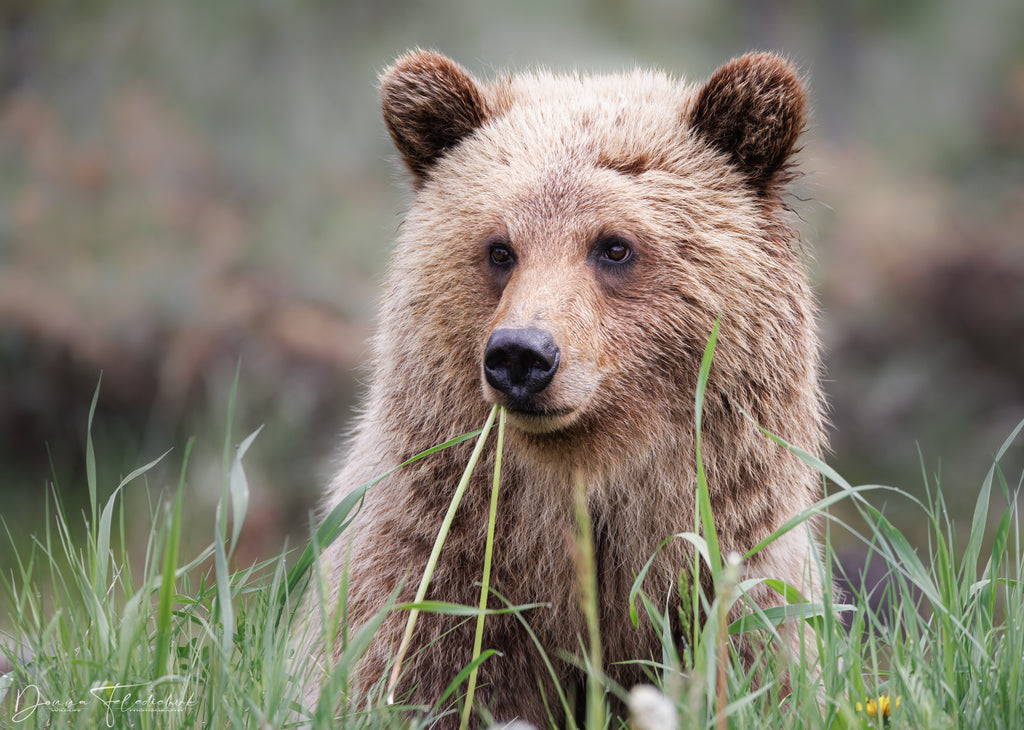
Build Your Network: Essential Connections for Wildlife Photographers
A bull moose from my local area
I live in a small town. Most everyone here knows I am a wildlife photographer. They may not know me personally but when I say my name, more often than not I get "I love your photos, I follow you on Facebook or Instagram.". Sometimes those conversations become I saw a lynx at this spot, or I have a family of foxes hanging out under our barn, or the migratory swans have been in front of my house on the lake the last three days." All great leads for me as a photographer.

I have folks in Jasper when I visit who tell me where the most recent grizzly sightings have been
Having a network is important, but not just locally. If you are looking for recommendations for a photo tour leader, are going to a new place and want to know the local hot spots, or trying to find a lead on a well used prime lens. being connected with other photographers goes a long way. I have definitely reached out to folks I know when travelling to a new area to get pointers on where to go and the best time of day.

Local workers tell me when the caribou are back in an area north of where I live
As a wildlife photographer do not limit yourself to having a network of just photographers, some of the best contacts I have are folks who work in the environmental field within the Boreal Forest. People that are out in remote areas or the same area at different times and on different days help give me insight on animal behaviours and patterns. Knowing an animal's behaviours is one of the most critical aspects to be able to not only locate animals but get yourself in the right position to get great photos. Connecting with folks who do this daily as part of their work is a great way to get that information.

I have had numerous chats with local wildlife biologists about this eagle family who seem to have a juvenile that comes back with them each year, very unusually behaviiour for eagles
My other important network is wildlife biologists. They give me the best insight into research and what they are finding, from changes in behaviours to current conservation projects. These are local biologists in my area who understand the dynamics within the ecosystems I am working in. Reading research papers is helpful, but if it's about the great gray owl population in Minnesota and I am in Northern Alberta I can make some generalizations from the paper to my area, they may or may not be accurate, but they do give me a starting point and a great lead-in to speak to a local biologist. Biologists working in your area or conservation officers are great resources because they know exactly how those issues or insights discussed in the research papers are really manifesting in your region!

Many photos of my great gray owls are only possible because my husband pushes a path through our fields with our tractor in the winter time
Last but by no means least is your support network. I have mentioned this in little bits here and there, but having support from family or friends is critical. I have two types of supporters in this area. I have my family who may not share my passion for photography, but respect my passion for it and support me. Whether that is helping me get ready for an exhibition or a sale, doing laundry and housework because I have been out dawn to dusk 5 days in a row, or like my dear husband, plowing a road through our fields in the winter months so I can look for owls. Then I have my like-minded close photography friends who critique my work, do not think I am crazy for wanting a $17,000 lens, and are brutally honest about my work yet are my greatest cheerleaders as we help and encourage each other.
If you want to be successful in this business build your network, have your local intel on sightings, stay abreast of current research and studies in your area, develop a wide network of folks who can direct you when you are visiting a new area, have people that will be brutally honest about your work and push you to grow, and have the support of your family. These are the keys to success.

